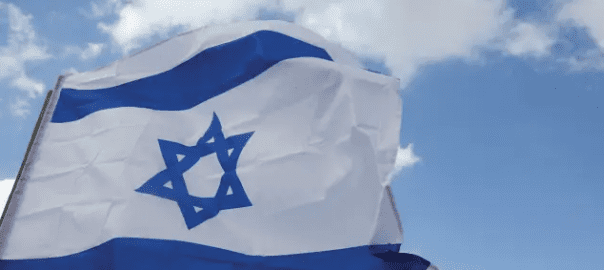London, March 26, 2024 /Mpelembe News/ — The Israeli-Palestinian peace process is a complex and unfortunately stalled endeavor. Here’s a simplified breakdown:
Major attempt: The Oslo Accords of 1993 were a beacon of hope. These interim agreements created a framework for Palestinian self-rule in the West Bank and Gaza Strip with the goal of achieving a two-state solution [Wikipedia: Oslo Accords].
Challenges:
Violence and mistrust: The peace process has been punctuated by outbreaks of violence, including the Second Intifada, which eroded trust on both sides [Wikipedia: Israeli–Palestinian peace process].
Israeli settlements: Israeli settlements in the West Bank are a major sticking point. Palestinians see them as an obstacle to a viable Palestinian state [BBC: Israel settlements].
Current Status: There are currently no formal negotiations. The international community largely supports the two-state solution, but deep divisions between Israelis and Palestinians make it difficult to achieve [Carnegie Endowment for International Peace: Approaching Peace].
Here are some comparisons to the peace processes in South Africa and Northern Ireland:
Similarities: All three involved international mediation and addressing historical grievances.
Differences: South Africa and Northern Ireland had strong leadership committed to compromise. The Israeli-Palestinian conflict lacks such leadership currently.
It’s important to note that peace processes are rarely linear. There’s hope that future efforts will build on the groundwork laid by the Oslo Accords.

